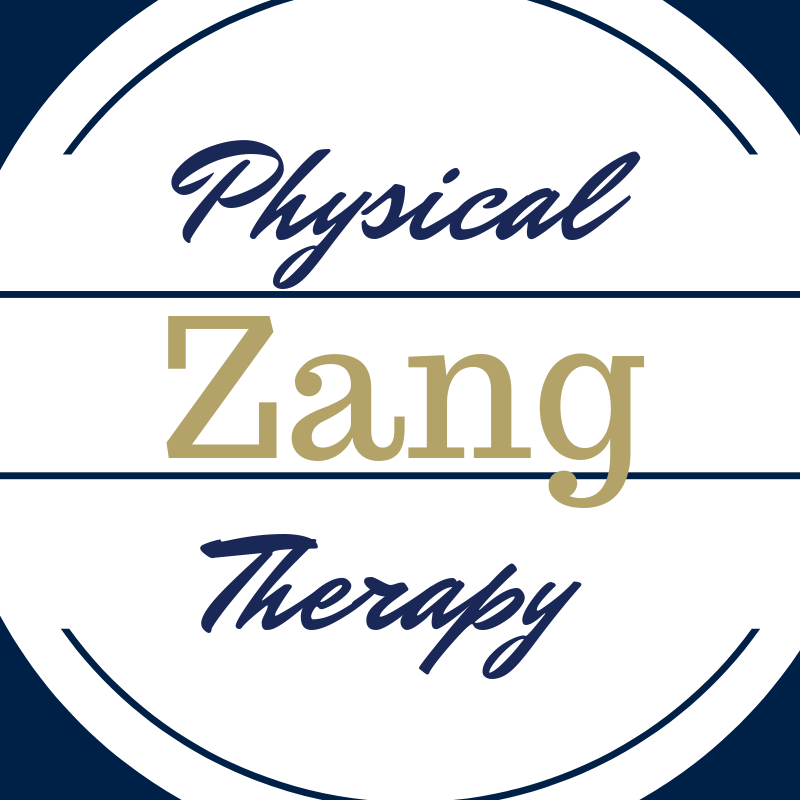Carpal Tunnel Syndrome (CTS) is a compression of the median nerve as it crosses the wrist into the hand. The result of the compression is often numbness or tingling in the hand, specifically the thumb and pointer fingers. If the compression is severe enough, loss of muscle of the thumb can happen.
Individuals with CTS often report of reduced dexterity of the hand. This may result in difficulty with buttons, zippers, gripping, or other fine motor skills. Often, people report their hand symptoms are worst at night (based on hand position when sleeping).
In most cases CTS progresses slowly….so there is plenty of time for successful treatment.
Often, people with numbness or tingling into their hand associate it with CTS, but that isn’t always the case. Other conditions can mimic CTS meaning a more detailed examination is necessary.
What else can appear to be Carpal Tunnel Syndrome but is not?
As CTS is a result of a nerve issue, any other place the nerve can be compressed or irritated could result hand symptoms. Other common areas of nerve irritation that mimic CTS include compression in the forearm, shoulder, or even the neck. Often doctors will order an EMG or NCV test for definitive diagnosis. Neither of those tests are especially pleasant for the individual, so early intervention is advised if someone is experiencing these types of issues. No need to have a painful test unless absolutely necessary.
What can be done to treat Carpal Tunnel Syndrome other than surgery?
After first determining the issue is truly CTS (and not something else), interventions including hands-on treatments, stretching, and even night splints have been shown effective. These treatments are most beneficial earlier in the progression, so waiting to see if it will just go away is not advised. If a person fails conservative care, surgical intervention is always a last option.
So, if you are someone or know someone who is dealing with these types of issue, seeking care sooner is advised so that recovery can begin and surgery avoided. If you have more questions because you are not sure what to do, then why not consider talking to professional who treats these issues. You can start with either a phone call or request your in-person discovery visit where you will get to learn more about solutions for your issues.
